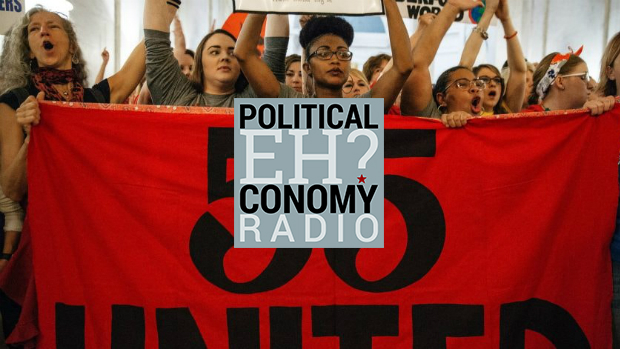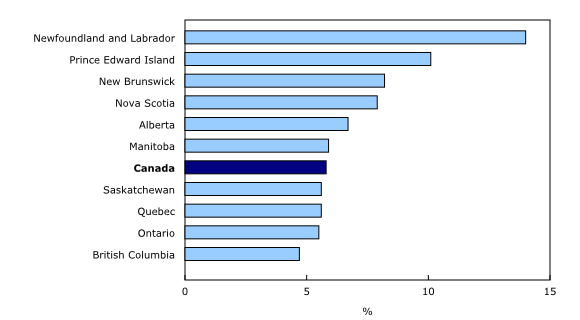Podcast: Play in new window | Download
Subscribe: Apple Podcasts | Android | Email | Google Podcasts | RSS | More
This episode is dedicated to the recent, inspiring and victorious teachers’ strike in West Virginia. West Virginia teachers went out on strike in late February over low pay and continued attacks on the health insurance plan they share with all other state workers. They stayed out despite an initial deal signed by the Governor and their leadership and ultimately won a 5% raise not just for themselves but for all public employees in West Virginia as well as promised reforms to their insurance plan, known as the PEIA. I spoke with two teacher leaders from West Virginia and an expert on teacher unionism to get some perspective on how this strike came about, how it won and what others can learn from its example.
My first guest is Emily Comer, a high school Spanish teacher in South Charleston, West Virginia; she is a rank-and-file activist in her local of the AFT, the American Federation of Teachers and co-author of this excellent piece on the strike. I next speak with Lois Weiner, professor in the Department of Elementary and Secondary Education at New Jersey City University and a specialist in urban teacher education and teacher unionism. Her research actively supports teachers who want to transform their unions; she wrote this piece on the strike that I reference in my interview. My final guest is Brandon Wolford, local president of the WVEA in Mingo Country. The WVEA is the West Virginia Education Association and alongside the AFT it is one of the two big teachers’ unions in West Virginia; Mingo County has a storied place in labour history as an epicentre in the Mine Wars and mining struggles throughout the 20th century.
As always, remember to subscribe above to get new episodes as they appear, rate the show on iTunes and donate to help keep this good thing going. Thanks!

